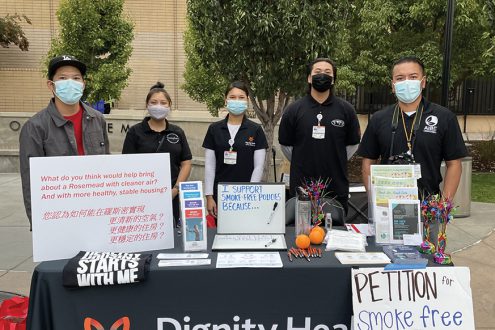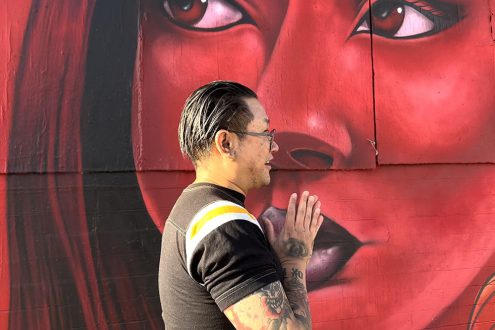Project Category: Opioids and Stimulants
Opioid drugs (also known as opiates) are a class of drugs that have been historically used for pain management. Examples of opiates include codeine, hydrocodone, Vicodin, oxycodone (OxyContin), morphine, Percocet, hydromorphone (Dilaudid), Suboxone, fentanyl, and heroin. They can be powerful drugs but also have a great potential for misuse and dependency and unfortunately, accidental overdose and death. Overdose can be of concern when breathing slows enough that oxygen cannot circulate throughout the body. For these reasons, opiates are controlled substances and can only be obtained with a prescription and from a qualified clinician. However, street versions of opiates have become more worrisome with the alarming rise of opioid-related accidental overdoses and deaths. Naloxone (Narcan) is an opioid antagonist that can be used to reverse the effects of overdose and can be a life-saving treatment.
Stimulants are a class of drugs that include caffeine, nicotine, cocaine (including crack-cocaine), amphetamines, methamphetamines (including crystal meth, ice, shabu), Adderall, and MDMA (Ecstasy, Molly), among others. These drugs “speed up” the central nervous system and can cause rapid, erratic thinking and speech, as well as insomnia. Like opiates, stimulant drugs also show potential for misuse and dependency, as well as accidental overdose and death through cardiac arrest.
Related Projects

Healthy Housing Rosemead
Healthy Housing Rosemead (HHR) is a coalition started as a way to reach Rosemead residents about issues around cleaner air and more healthy, stable housing. During the COVID-19 pandemic, the coalition moved most of its efforts online, using social media to share information and updates about secondhand smoke, smoke-free multiunit housing policies, and resources on COVID-19.

Project Human Every Day (PHED)
There can be stigma in Asian American, Native Hawaiian, and Pacific Islander communities when it comes to talking about receiving mental health services and treatment for substance use disorder – but it doesn’t have to be this way. Project Human Every Day is a video interview series aimed at breaking this stigma and opening up conversations around mental health and addressing substance use.
